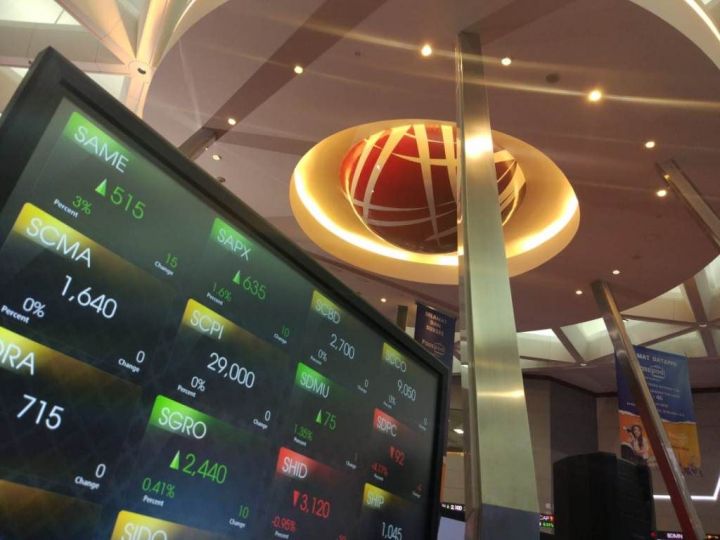Amid intensifying global uncertainty, Indonesia’s stock market took a hit, declining by 4.42% in recent months. The Jakarta Composite Index (JCI), a benchmark indicator of the country’s market performance, reflected growing investor unease driven by external shocks and domestic vulnerabilities.
While the drop may not seem alarming in isolation, it marks one of the steepest declines in recent quarters and raises important questions about the resilience of emerging markets like Indonesia.
Global Turbulence Sends Shockwaves
At the heart of this downturn is the growing volatility in global financial markets. Several key factors have contributed to investor anxiety:
- Escalating geopolitical tensions, particularly in Eastern Europe and the Middle East
- Persistently high global interest rates, especially in the U.S., affecting capital flows
- Uncertainty in China’s economic recovery, which significantly impacts Asian markets
These conditions have led global investors to pull capital from riskier assets, including stocks in developing economies like Indonesia. In times of global stress, emerging markets often become the first to feel the squeeze as investors flock to “safe havens” like the U.S. dollar and gold.
Domestic Sentiment Also Plays a Role
While international developments dominate the headlines, domestic challenges have amplified the pressure on the Indonesian stock market. Slower-than-expected corporate earnings, coupled with concerns over inflation and the weakening rupiah, have spooked local investors.
Moreover, political uncertainty ahead of the 2024–2025 transition period has made some institutional players more cautious. Although Indonesia’s macroeconomic fundamentals remain relatively strong, the market is clearly sensitive to even slight tremors in policy and fiscal direction.
Sector Performance: Who Got Hit the Hardest?
Not all sectors suffered equally. The financial and consumer goods sectors experienced notable losses, primarily due to weakened purchasing power and rising operational costs. Meanwhile, mining and energy stocks remained more resilient, buoyed by strong global commodity prices.
However, the overall trend was downward. Foreign investors recorded net outflows, particularly from banking and telecommunications stocks, which are typically seen as barometers for broader economic confidence.
What Lies Ahead: Is a Recovery Possible?
Despite the current downturn, market analysts remain cautiously optimistic about the future. Several believe that the recent dip presents a buying opportunity for long-term investors, especially if Indonesia can maintain policy stability and improve its investment climate.
Furthermore, if global conditions stabilize and inflation begins to ease, investor appetite for riskier assets like emerging market equities could return. Key to this recovery will be how well Indonesia navigates its domestic policies while remaining attractive to international capital.
Conclusion: A Wake-Up Call for Resilience
Indonesia’s 4.42% stock market dip is a stark reminder of how interconnected today’s financial systems are. While global shocks are largely out of the country’s control, building internal resilience is vital. From improving regulatory transparency to enhancing market confidence, the steps taken now will determine whether this is a short stumble—or a longer-term slide.








